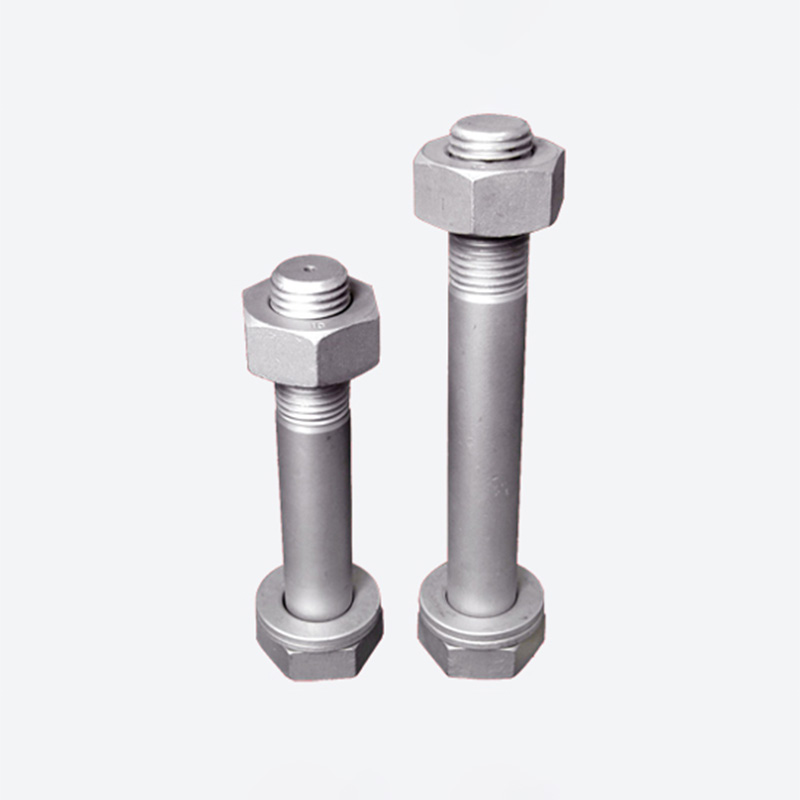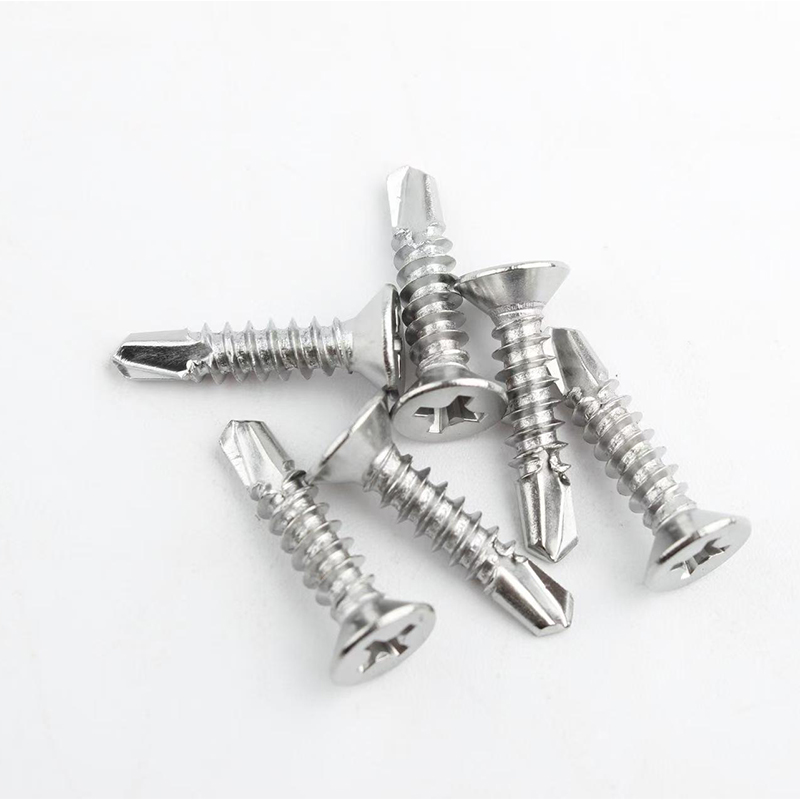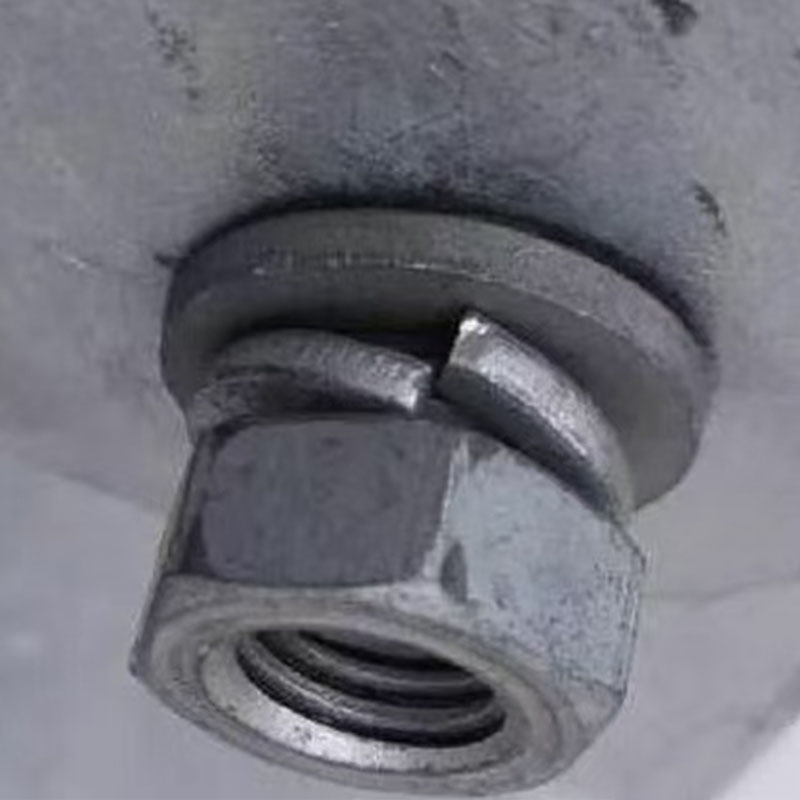- English
- Chinese
- French
- German
- Portuguese
- Spanish
- Russian
- Japanese
- Korean
- Arabic
- Irish
- Greek
- Turkish
- Italian
- Danish
- Romanian
- Indonesian
- Czech
- Afrikaans
- Swedish
- Polish
- Basque
- Catalan
- Esperanto
- Hindi
- Lao
- Albanian
- Amharic
- Armenian
- Azerbaijani
- Belarusian
- Bengali
- Bosnian
- Bulgarian
- Cebuano
- Chichewa
- Corsican
- Croatian
- Dutch
- Estonian
- Filipino
- Finnish
- Frisian
- Galician
- Georgian
- Gujarati
- Haitian
- Hausa
- Hawaiian
- Hebrew
- Hmong
- Hungarian
- Icelandic
- Igbo
- Javanese
- Kannada
- Kazakh
- Khmer
- Kurdish
- Kyrgyz
- Latin
- Latvian
- Lithuanian
- Luxembou..
- Macedonian
- Malagasy
- Malay
- Malayalam
- Maltese
- Maori
- Marathi
- Mongolian
- Burmese
- Nepali
- Norwegian
- Pashto
- Persian
- Punjabi
- Serbian
- Sesotho
- Sinhala
- Slovak
- Slovenian
- Somali
- Samoan
- Scots Gaelic
- Shona
- Sindhi
- Sundanese
- Swahili
- Tajik
- Tamil
- Telugu
- Thai
- Ukrainian
- Urdu
- Vietnamese
- Welsh
- Xhosa
- Yiddish
- Yoruba
- Zulu
- Kinyarwanda
- Tatar
- Oriya
- Turkmen
- Uyghur

Texnik innovatsiyalar yong'oq ishlab chiqarishni qanday o'zgartiradi?
2025-08-06
Texnik innovatsiyalar yong'oq ishlab chiqarishni kutilmagan tarzda qayta shakllantirmoqda, samaradorlik va barqarorlikni birinchi o'ringa olib chiqadi. Bir paytlar an'anaviy usullar hukmron bo'lgan joylarda aniq qishloq xo'jaligi, ma'lumotlarni tahlil qilish va avtomatlashtirish kabi yangi texnologiyalar asosiy o'yinchilar sifatida paydo bo'lmoqda. Ushbu innovatsiyalar ishlab chiqaruvchilar uchun ne'matmi yoki qiyinchilikmi?
Aniq qishloq xo'jaligining roli
Nozik qishloq xo'jaligi yong'oq ishlab chiqaruvchilari uchun o'yinni jimgina o'zgartirdi. Sun'iy yo'ldosh tasvirlari va sensorlar yordamida fermerlar endi hosilining har bir qismining o'ziga xos ehtiyojlarini aniqlashlari mumkin. Bu shuni anglatadiki, suv va o'g'itlar faqat kerak bo'lganda qo'llaniladi, bu esa chiqindilarni kamaytiradi va hosilni oshiradi. Siz buni yuqori texnologiyali sehrgarlik deb o'ylashingiz mumkin, ammo bu sohadagilar buni zaruriy evolyutsiya deb bilishadi.
Mening bodomzorlarni boshqarishda sensorlar bilan birinchi uchrashuvim o'rganish chizig'i bilan bo'lsa-da, kelajakka qadam qo'ygandek tuyuldi. Avvaliga u mukammal emas edi - ma'lumotlarning aniqligi bilan bog'liq muammolar paydo bo'ldi. Biroq, texnologiya etuklashgani sayin, u bizning to'plamimizda ajralmas vositaga aylandi. O'sish va resurslardan foydalanishning yaxshilanganligi haqidagi dalillarni e'tiborsiz qoldirish qiyin edi.
Bu faqat raqamlar haqida emas; bu barqaror amaliyotlar tomon falsafaning siljishi haqida. Biz, ayniqsa, qurg'oqchilikka moyil bo'lgan hududlarda muhim ekologik muammo bo'lgan suv oqimini kamaytirmoqdamiz. Aniq dehqonchilik dastlab qo'rqitsa ham, asta-sekin ko'plab fermerlar uchun ikkinchi tabiatga aylandi. Endi ular buni o'z erlarini yaxshiroq boshqarish bilan bog'lashadi.
O'rim-yig'imda avtomatlashtirish va robototexnika
Bir paytlar ko‘p mehnat talab qiladigan yong‘oq yig‘ishtirib olish hozirda texnika shovqini bilan yangraydi. Avtomatlashtirish oldinga sakrab chiqdi, daraxtlarni silkitish va yig'ish qobiliyatiga ega mashinalar qo'l brigadasidan ko'ra tezroq va samaraliroq hosil beradi. Buni ko'rish juda hayajonli, ammo o'tish muammosiz emas edi.
Men har xil yong'oq turlarini nozik ishlov berishdan bexabar bo'lgan mashinalar yaxshilikdan ko'ra ko'proq zarar keltirgan erta joylashtirishlarni eslayman. O'rganish o'zaro edi; mashinalar takomillashtirilishi kerak edi va operatorlarga yangi mahorat to'plami kerak edi. Ammo muvozanatda mehnat muammolarining qisqarishi va erishilgan izchillik sarmoyani foydali qiladi. Tezlik va samaradorlik sezilarli darajada yaxshilandi.
Tabiiyki, bu ish joyini almashtirish bilan bog'liq xavotirlarga olib keladi, bu ko'plab ishlab chiqaruvchilar, shu jumladan biz ham kurashmoqda. Asosiy e'tibor qayta tayyorlash dasturlariga, ishchilarni mashina operatoriga aylantirishga qaratildi - bu strategiya aralash muvaffaqiyatga erishdi, ammo va'da beradi.
Ma'lumotlar tahlilidan foydalanish
Ma'lumotlar tahlili ekish jadvalidan zararkunandalarga qarshi kurashgacha bo'lgan har bir qarorni yaxshilaydigan boshqa o'lchovni taklif etadi. Katta ma'lumotlar tahlilidan olingan tushunchalar bebahodir, ammo ularni kundalik operatsiyalarga integratsiya qilish fikrlash tarzini o'zgartirishni talab qiladi.
Keng qamrovli ma'lumotlar tizimlarini joriy qilish bo'yicha dastlabki urinishlar o'z qiymatidan ko'ra ko'proq qiyinchilikka o'xshardi. Biroq, tirishqoqlik o'z samarasini berdi. Keng ma'lumotlar to'plamini anglash ilgari ko'rilmagan ravshanlik keltirdi. Bashoratli modellar endi muhim qarorlarni qabul qiladi - qachon ekish, qachon yig'ish yoki ob-havo ta'sirini kutish.
Tajribali fermerlarning donoligini avloddan-avlodga o'tkazib kelayotgan bir paytlar ushbu texnologiyalar bilimlarni qanday demokratlashtirayotgani hayratlanarli. U o'yin maydonini tekislaydi va hatto o'nlab yillik tajribaga ega bo'lmagan yangi kelganlarga ham tushuncha beradi.
Texnologiyani amalga oshirish bilan bog'liq qiyinchiliklar
Hech qanday o'zgarish qiyinchiliklarsiz amalga oshirilmaydi. Narxlar to'sig'i haqiqiydir; Har bir fermer ham ilg'or texnologiyalarga oldindan sarmoya kirita olmaydi, bu esa operatsion miqyosda bo'linishga olib keladi. Kichik xo'jaliklar ko'pincha ortda qolgandek his qilishadi.
Bundan tashqari, ma'lumotlar maxfiyligi va egalik muammolaridan qo'rqish keng tarqalgan. Sensorlar va mashinalar tomonidan to'plangan ma'lumotlar kimga tegishli? Bu oson javoblarsiz davom etayotgan munozaralar. Ishlab chiqaruvchi sifatida bu texnologiyani qabul qilish va nazoratni saqlab qolish o'rtasidagi noqulay muvozanat.
Texnologik evolyutsiyaning tez sur'atlari o'z-o'zidan yana bir qiyinchilik tug'diradi - davom etish. Bugun ishlayotgan narsa ertaga eskirib qolishi mumkin, doimiy moslashish va sarmoyani talab qiladi, katta yoki kichik har qanday operatsiya uchun soliqqa tortiladi.
Yong'oq ishlab chiqarishning kelajagi
Oldinga qarab, kuzatuvchanlik va shaffoflikni oshirish uchun AI va blokcheyn kabi texnologiyalarni integratsiyalash potentsiali qiziq. Tasavvur qiling-a, yong'oqning fermadan dasturxongacha bo'lgan butun yo'lini bilib, yangi iste'molchi ishonchini keltirib chiqaradi.
Handan Shengtong Fastener Manufacturing Co., LTD, asosan, mahkamlagichlar bilan shug'ullangan bo'lsa-da, aniqlik va sifat nazorati yangiliklarida qiziqarli parallellikni taklif etadi. Ularning amaliyotlari haqida ko'proq ma'lumotni quyidagi manzilda topishingiz mumkin Shengtong mahkamlagich.
Xulosa qilib aytadigan bo'lsak, yong'oq ishlab chiqarish texnologiyasi nafaqat ishlab chiqarish hajmini oshirish, balki qishloq xo'jaligiga yanada oqilona va barqaror yondashuvni yaratishdir. Bu davom etayotgan sayohat, davom etayotgan ish, istiqbolli muammolar va imkoniyatlar.









